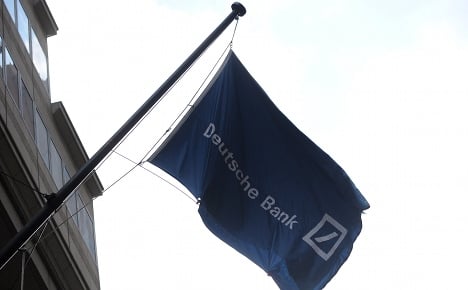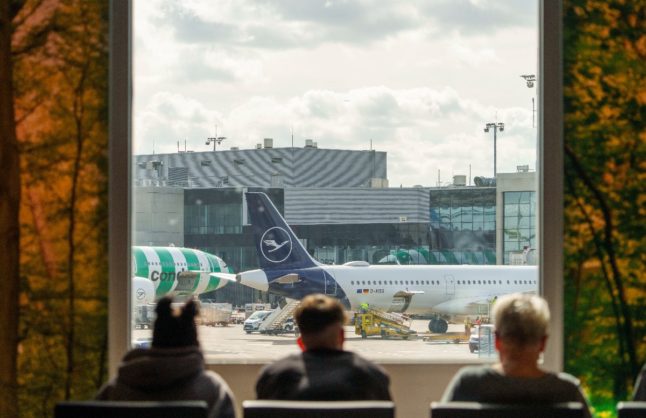Three Britons, two Germans and a Frenchman were handed prison terms of between three years and seven years and 10 months by the court in the western city of Frankfurt.
The court found the six company managers, aged 27 to 66, guilty of evading about €300 million ($400 million) in taxes in Germany on carbon permits which had been bought abroad.
By buying the permits overseas, they were not required to pay tax. They then resold them in Germany, before selling them on again abroad to avoid the tax authorities, the court ruled.
Under a European Union trading system, limits are placed on the amount of carbon dioxide companies may emit and those that pollute less are free to sell credits to companies that need more.
The evasion, which lasted from September 2009 until April 2010, “cost the German tax office about €300 million,” judge Martin Bach said.
“An important instrument of environmental policy has been hijacked to become an instrument of personal enrichment,” he said.
The illegal activity was carried out through Deutsche Bank where seven staff members are still under investigation.
A Deutsche Bank spokesman said however that “an internal inquiry … found no indication suggesting involvement of employees of the bank.”
The bank decided in October it would temporarily forgo €310 million in tax deductions accumulated in the case although the judge asked the bank to give up the amount definitively
AFP/DAPD/mdm



 Please whitelist us to continue reading.
Please whitelist us to continue reading.
Member comments